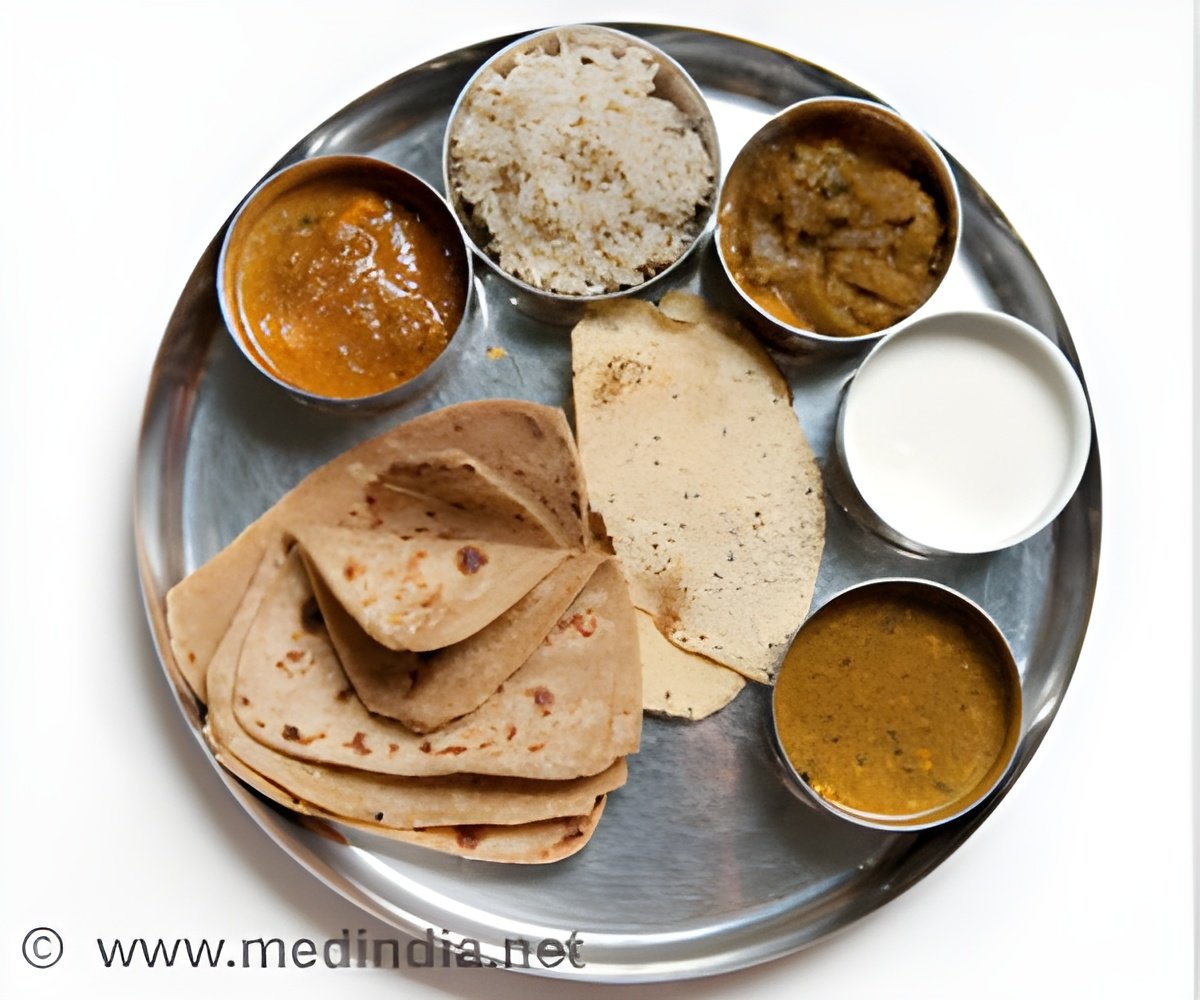India is one of a growing number of developing countries to experience a blend of health problems like malnutrition, undernutrition, over-nutrition, obesity, and diabetes. Developing a new tool to capture dietary data at a national level could reduce the risk of these preventable diet-related diseases.

‘India is one of a growing number of developing countries to experience a blend of health problems such as malnutrition, undernutrition, over-nutrition, obesity, and Type-2 diabetes. Developing a new tool to capture dietary data at a national level could reduce the risk of these preventable diet-related diseases.’
Read More..




India is one of a growing number of developing countries to experience the double burden of malnutrition, where high levels of undernutrition coexist alongside over-nutrition, obesity and Type-2 diabetes. Read More..
More than 60 percent of premature deaths can be attributed to preventable cardiovascular disease, obesity and type 2 diabetes, highlighting the pressing need for further research in this area.
The researchers are developing the tool to capture data at a national level to enable healthcare professionals and policy makers to make informed decisions to tackle the epidemic.
"Interpretation of nutrition research is as complex as the cooking in India where the dialect and the diet change every 100 miles. Understanding the impact of diet on cognitive aging can be interesting," A.B Dey, Professor and Head Department of Geriatric Medicine AIIMS Delhi said in a statement.
Among some of the issues being addressed by the collaboration between AIIMS, the University of Southern California and Queen's University Belfast are whether spices are protective in the genesis of dementia and the possible impact of a protein deficient diet on aging of the brain.
Advertisement
"Through working with leading researchers, dieticians and medical clinicians in India, we have developed a suitable measure of habitual diet that takes into account diverse eating patterns and socioeconomic gradients in the population who have high susceptibility to both nutrient deficiency and non-communicable disease," said Claire McEvoy, Lecturer at Queen's University Belfast, School of Medicine, Dentistry and Biomedical Sciences.
Advertisement
The initial feedback from the research team, who have piloted the measure with adults aged 45 years and older, has been quite positive.
"The next stage of our research will be to test the feasibility of the diet measure on a wider scale," McEvoy added.
Source-IANS















